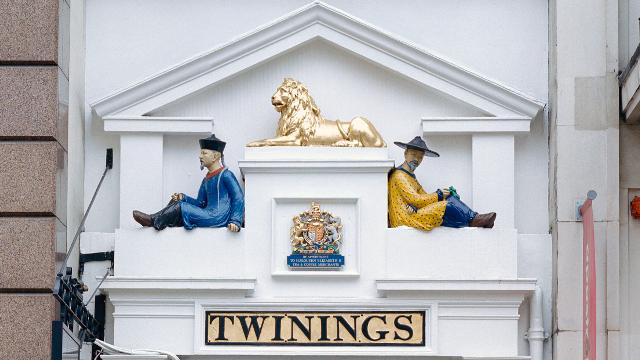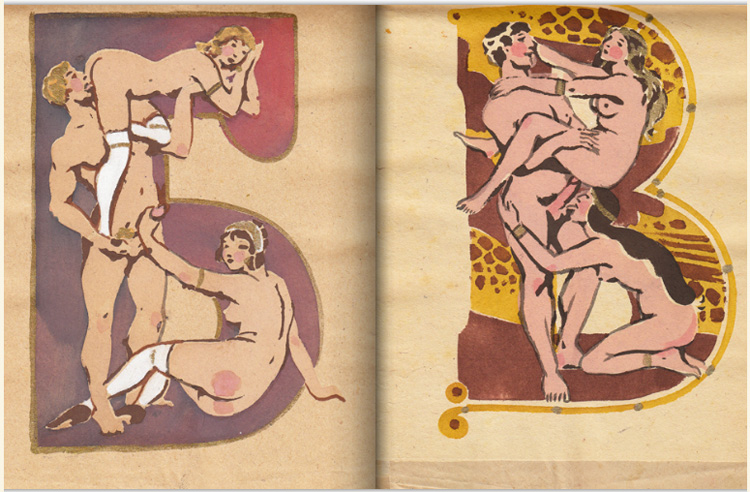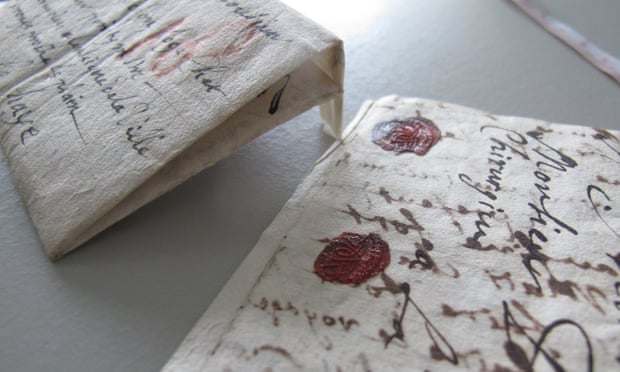Lots of science-y bits again in this months offering …
Science & Medicine
I wonder when humans first started pondering about aliens? Well certainly they were in medieval times.
On the discovery of dinosaurs among us.
So what would you guess is the world’s deadliest poison? Well here are five of the top contenders.
Clean water. We all depend on it, but do you know what happens to it between its source and your tap? Simple explainer from Compound Interest.
Hugs generally feel good. Now researchers are beginning to understand why.
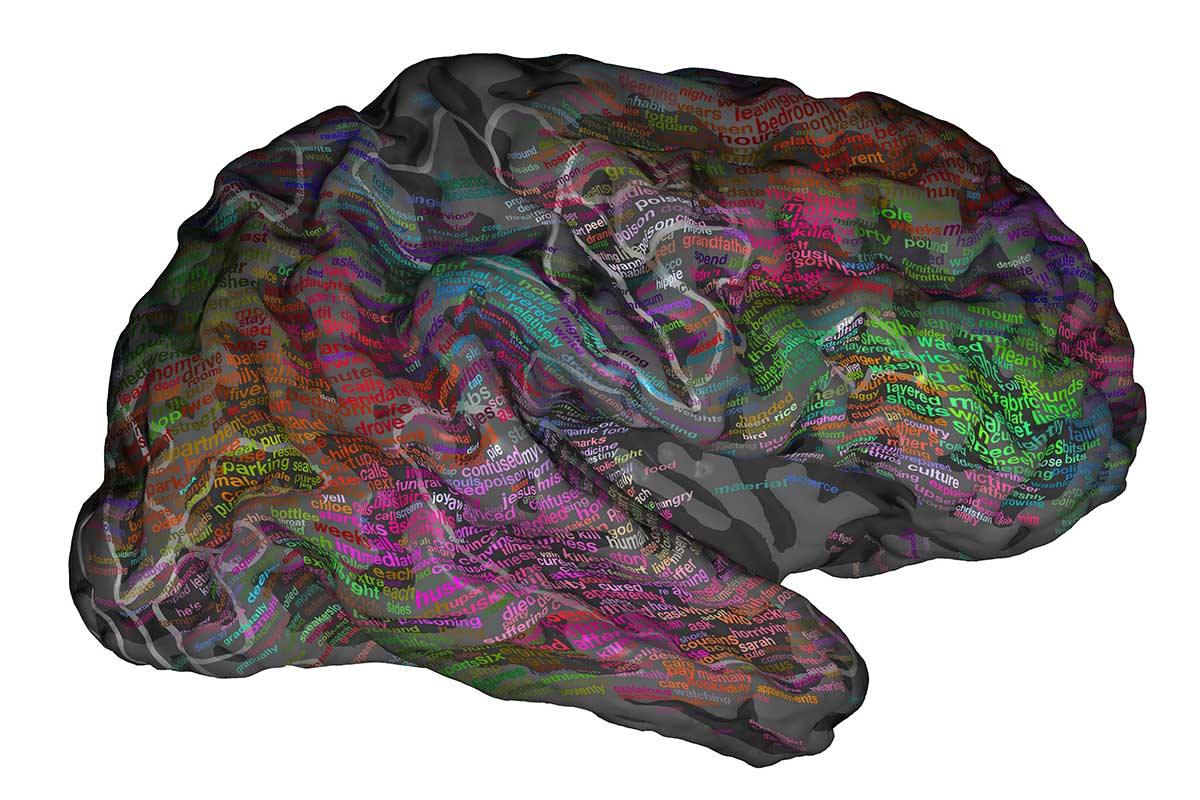
Wow! In what looks a stunning piece of work some neuroscientists have been able to create an atlas showing how words are organised in the brain. The implications could be worrying though.
Next up another stunning piece of research and development … A biotech company has developed a DNA sequencer that fits in a pocket and will go literally anywhere. Of course it is still expensive, but that should change. [Long read]
More new work shows that women get healthier after their husbands die. It must be finally having been able to stop doing childcare.
So really how do female astronauts cope with menstruation? Seems it is currently most down to persona choice.
Sexuality
So here are some of those sex myths debunked.
Here’s the story of a childless young lady who chose to be sterilised in her 20s and 40 years later she hasn’t regretted it, despite the harassment.
Social Sciences & Business
Bodyhackers: people who ave stuff implanted in them, like the microchips we put in our cats and dogs. They’re all around us. And most of them are women.
Language
Speed-reading. Too good to be true? Well that’s what the latest research is telling us.
History
Here’s an interesting piece on the early history of London’s St Paul’s Cathedral.
Archaeological divers found a 400-year-old dress in a shipwreck off the Netherlands. And it seems it sheds light on plot to pawn crown jewels.
The oddities of maritime history … the SS Baychimo, one of the strangest ghost ships on record sailing unmanned for 38 years.
Food & Drink
Well the French may call them pissenlit, but the humble dandelion is an interesting and useful herb. I remember when I was a kid we made both dandelion wine (lots of flowers) and dandelion coffee (from the roots). Love the illustrations too.
Out there are some amazing heirloom breeds: from woolly pigs to deodorant squash. And they’re vanishing, which is a shame as we’re losing some rich variety.
Shock, Horror, Humour
And finally … If you live near the sea what do you do with all the flotsam you find? If you’re artist Stuart Haygarth you sort it all to make interesting collections of weirdness.
More at the end of the month.

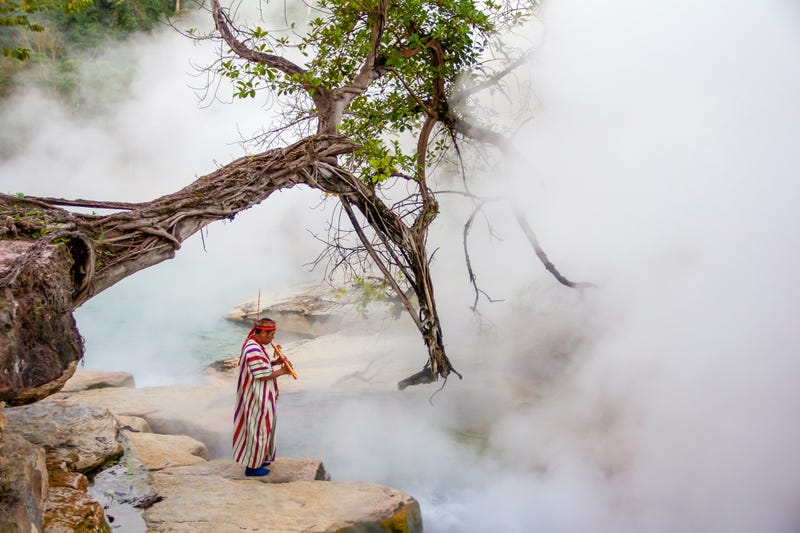

 At which point it seems appropriate to ask
At which point it seems appropriate to ask 


